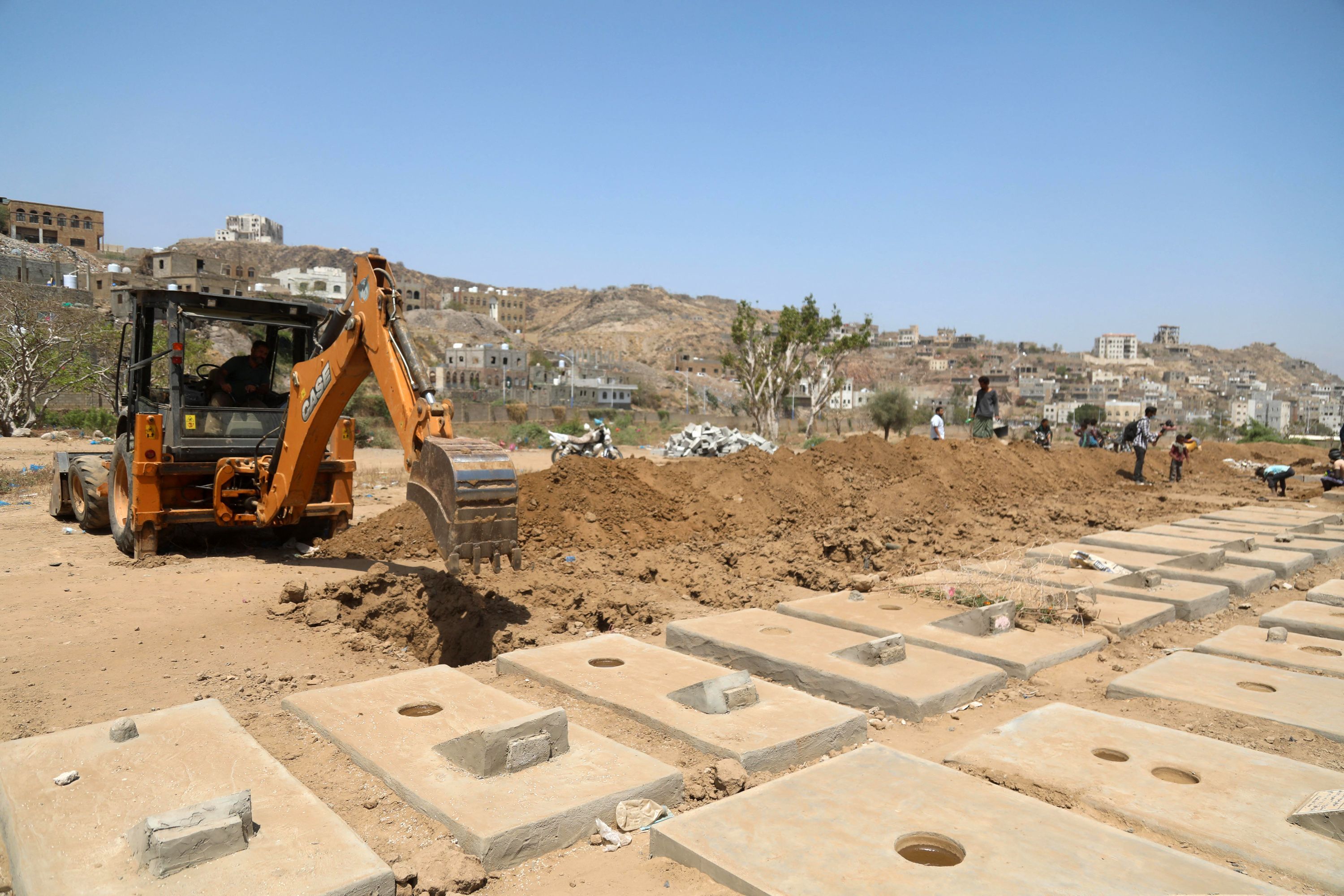Coronavirus cases soar in conflict zones as wealthy countries ramp up vaccine rollouts
Northeast Syria and Yemen see Covid-19 infections increase by 529 and 379 per cent in a month, writes Rory Sullivan


Coronavirus infections in conflict zones around the world increased dramatically last month, a new analysis by the International Rescue Committee (IRC) has found.
In northeast Syria and Yemen, two of the worst affected places, the average number of daily Covid-19 cases soared by 529 and 379 per cent respectively between early and late March.
The significant spike in infections is thought to have been caused by the spread of more contagious Covid-19 variants in these regions.
As a result of war, more than half of both countries’ health facilities are closed and those that remain open struggle to provide basic services.
The same picture is also seen in Tigray in northern Ethiopia, where fighting has raged since government forces launched a campaign against the Tigray People’s Liberation Front (TPLF) in November.
A recent UN report suggested that 71 per cent of medical centres in the territory were now either partially or fully damaged.
Read more:
In its report, the IRC warned that the true scale of these coronavirus outbreaks was hidden by the “fog of war”, with Covid-19 testing as low as 441 per million people in Yemen.
The charity also highlighted other countries which were suffering multiple emergencies, including South Sudan, which faces severe food insecurity as well as the health fallout caused by the pandemic.
These spiralling coronavirus outbreaks come as wealthy countries ramp up their vaccination rollouts, but poorer nations have limited vaccine supply.
The IRC noted that the world’s worst conflict zones will only receive 5 per cent of the doses delivered in the first half of 2021 by Covax, the global vaccine-sharing scheme.
David Miliband, who leads the IRC, warned that millions of lives are at risk and said the pandemic can only be ended by “a committed, global focus”.
“With health systems decimated and disrupted by war, growing hunger and vaccines barely visible on the horizon, millions of lives and livelihoods are at risk,” he said.
The IRC is calling on rich nations to share their excess coronavirus vaccines and has asked the Biden administration to immediately give 235 million doses to Covax.
Marking World Health Day on Wednesday, Mr Miliband urged “bold multilateral action” to ensure the pandemic ends “everywhere and anywhere, fast”.
The former Labour MP’s words come after Tedros Adhanom Ghebreyesus, the head of the World Health Organisation (WHO), warned that the unequal supply of vaccines constituted a “catastrophic moral failure”.
“Not only does this me-first approach leave the world’s poorest and most vulnerable at risk, it is also self-defeating,” he said in January at the WHO’s annual board meeting.
A month later, UN secretary-general António Guterres echoed this sentiment following a meeting of the leaders of the G7 countries.
He described “vaccine equity” as the “biggest moral test before the global community”, noting that the G7 states, which have been accused of vaccine nationalism, had reserved more than 1.5 billion excess doses.
Although Boris Johnson has pledged to give most of the UK’s spare Covid-19 vaccines to Covax, a timeline for doing so has not been established.
The UK has also cut its aid contributions to both Syria and Yemen this year. Rishi Sunak, the chancellor, blamed coronavirus for hammering Britain’s finances.
Join our commenting forum
Join thought-provoking conversations, follow other Independent readers and see their replies
Comments